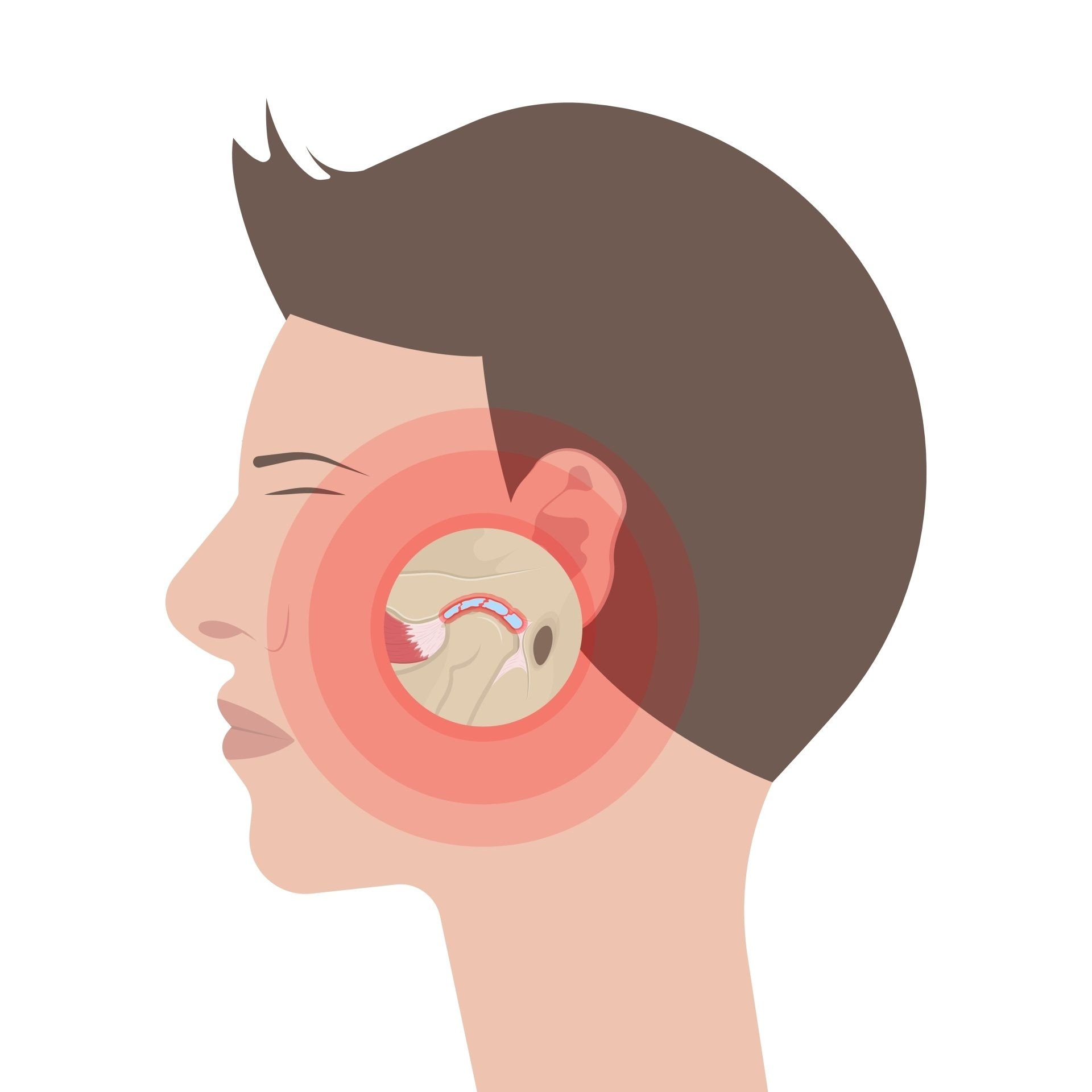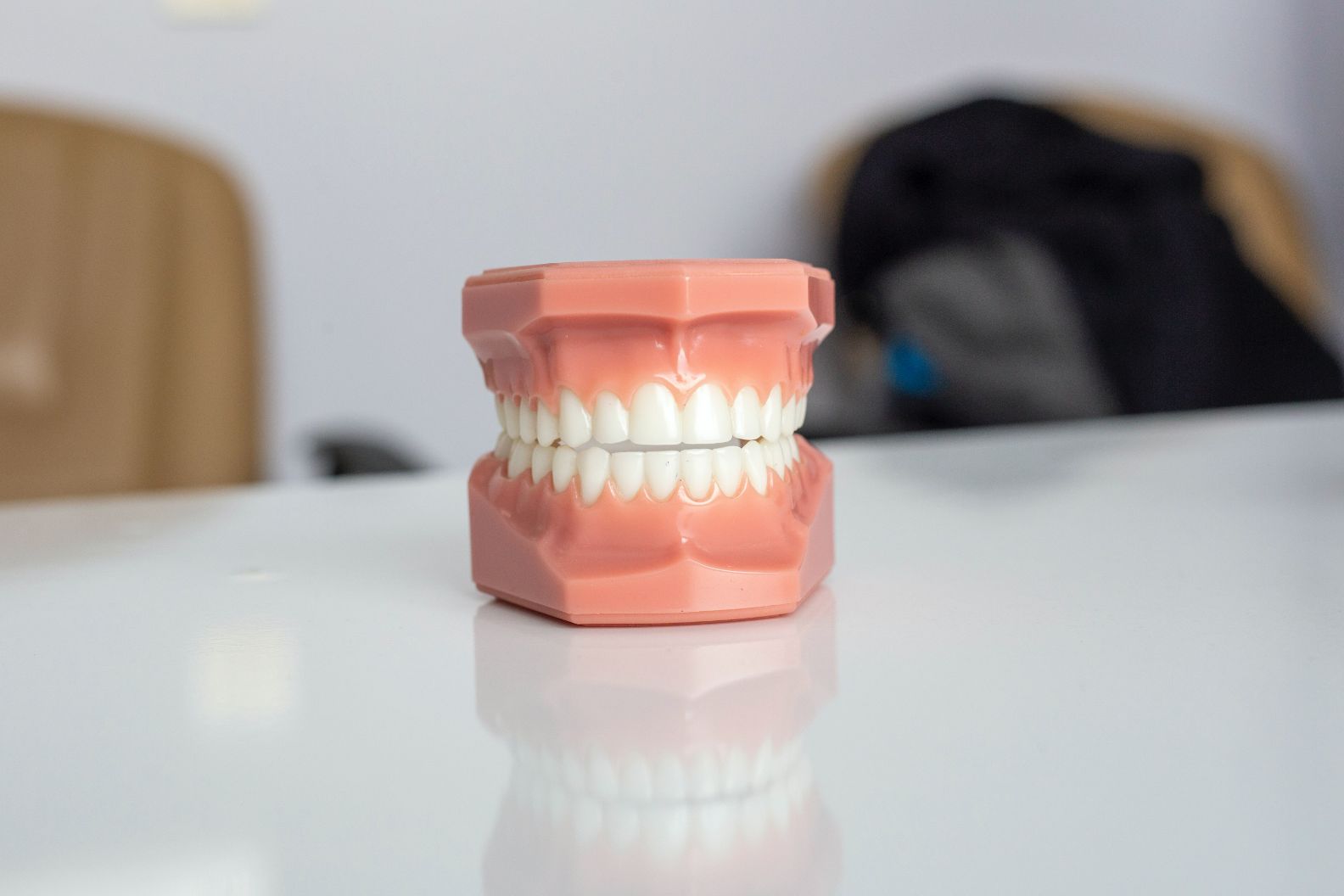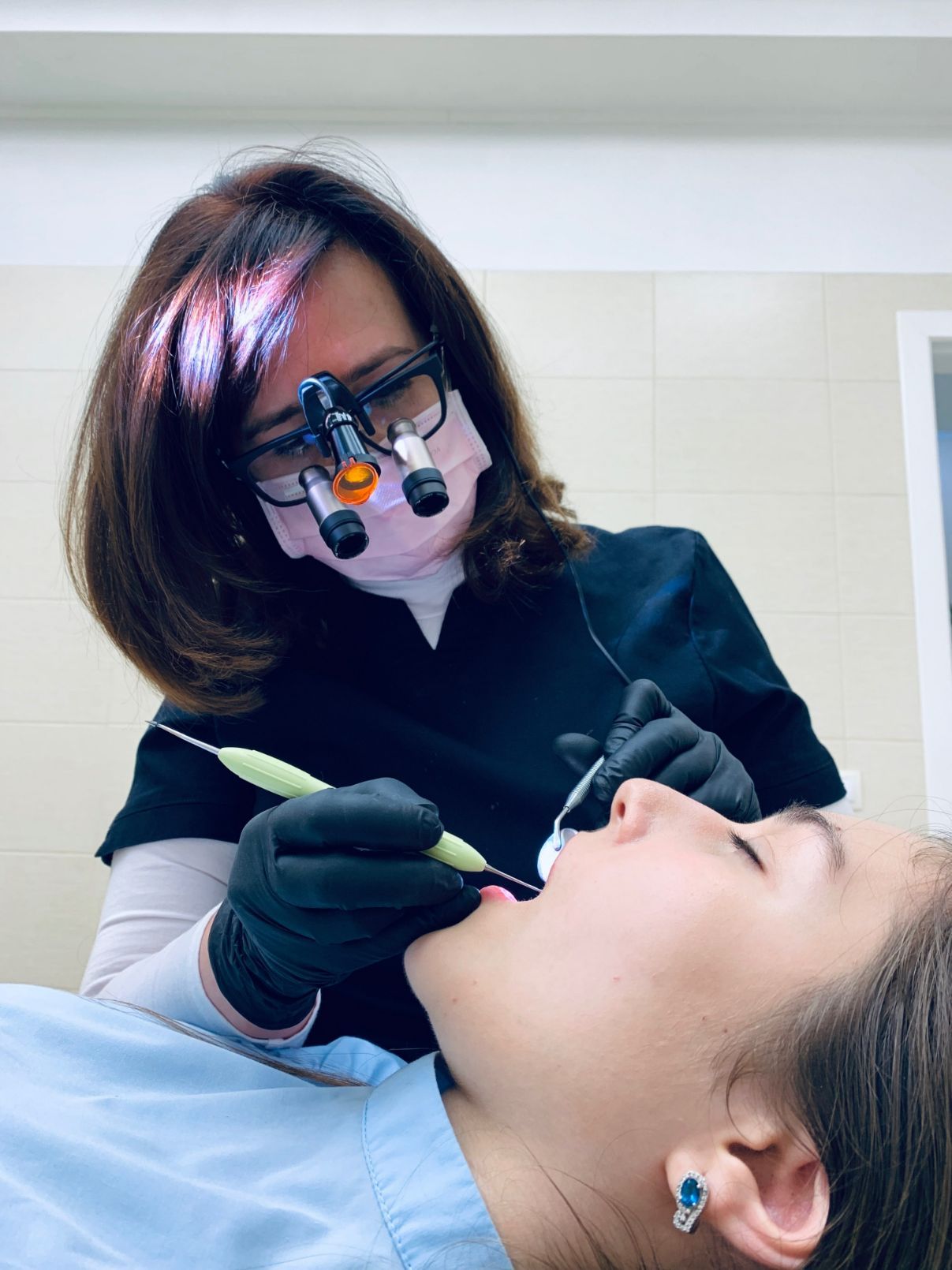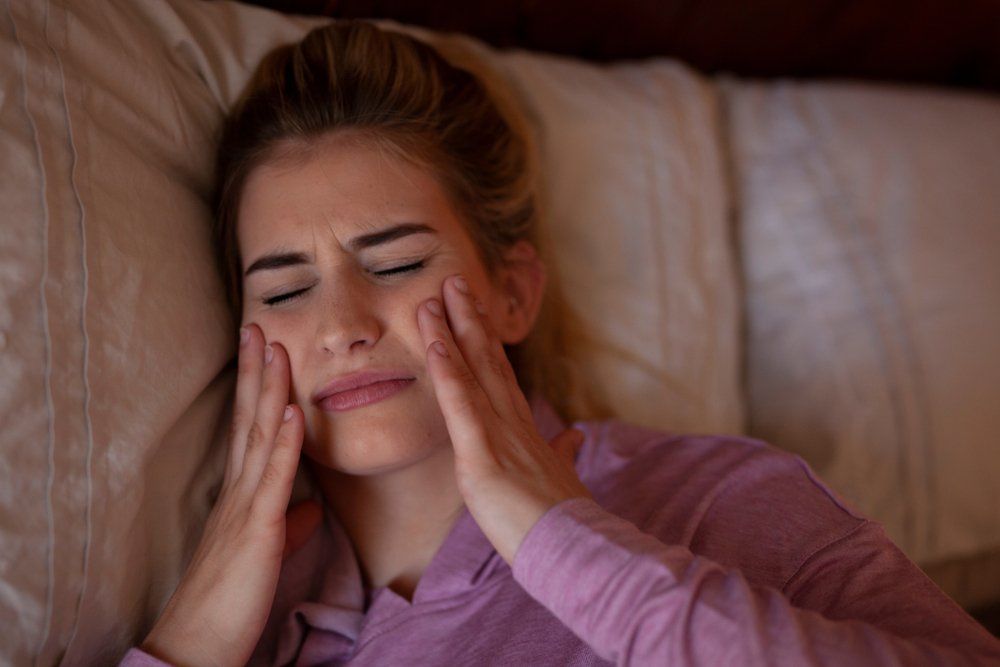About TMJ Disorder
- Comprehensive Dental Care
- Gentle & Family-Friendly Approach
- Advanced Technology & Preventative Focus
- Pay Later Options Available
Request a Callback
What is TMJ Disorder?
Headaches, tension in your neck and shoulders, clicking noises when you open your mouth or tenderness in your jaw; these common symptoms may be a result of TMJ and can often be resolved with dental treatment.
Opening and closing the mouth uses two joints and several muscles. They operate as a team, giving them the ability to chew, speak and swallow. In addition, your lower jaw (mandible) has two joints called the TMJ’s—temporomandibular joints.
The muscles that help the TM joints open and close the mouth and control the mandible in moving forward, backward and side-to-side. Each joint has a disc between the sockets (ball and socket type function), and as with any standard ball and socket joint, the disc cushions impact, enabling the jaw to open and perform various movements.
When this smooth running of muscle, discs and bone ceases in the jaw, a painful TMJ disorder can occur. If you have been diagnosed with a TMJ disorder, The Dentist Cairns Dental Group can work with you to develop a treatment plan designed to relieve your pain and restore function.
Symptoms of TMJ
- Pain & dysfunction that can radiate throughout the entire body
- Multiple headaches, usually at the temples & side of the head
- Pain in the face, sinuses, ears, eyes, teeth, neck muscles & back
- Neck & back cramps
- Sensitive teeth
- Clicking & grating in the jaw joints
- Inability to open or close the mouth freely
- Difficulty chewing & swallowing are also often evident
- Excessive tooth wear
- A pattern of breaking or cracking teeth with no other cause
- Trauma
There are several reasons why people suffer from TMJ disorders; arthritis, dislocation and often an injury are to name a few. Stress is also a known cause, along with more dental-related issues such as bite imperfections.
Possible Causes of TMJ
Acute trauma to the jaw, such as a car accident or a fall or punch, can cause damage to the muscles and/or joints. Pain and loss of function are usually responsive to conservative treatment, but sometimes trauma to the joint can cause chronic damage, which may result in a TMJ problem at a later date.
Clenching or grinding occurring while awake but more often during sleep is another major contributor to TMJ. Grinding, in particular, can wear the enamel from healthy teeth, and clenching can lead to muscle issues and damage to the joints over time.
Malocclusion, meaning ‘bad bite,’ can place pressure on the joints when teeth do not meet correctly. Missing teeth may also contribute to this as well. Although the bite is an important part of the whole system, it can be altered through conservative measures and only if it is felt improvement will bear results. Treatment of the bite for TMJ disorder is usually not needed, but its contribution to the whole must be examined.
Emotional stress often plays an integral role in the development of TMJ. Stress increases both the severity and duration of clenching or grinding. Additionally, during times of stress, your adaptability and pain threshold will decrease. As a result, you are more likely to experience symptoms of TMJ if other factors, such as depression and anxiety disorders, exist.
Other Possible Causes of TMJ
Basic posture and repetitive job requirements can also contribute to TMJ and related issues. For example, if working at a computer all day, holding your head in such a way can place strain on your TMJ system.
To resolve any TMJ disorder, the severity and circumstances surrounding the case must first be assessed.
This is achieved by physical examinations and specific x-rays. During this check, the dentist may take impressions of your teeth to check bite patterns, thus eliminating one problem that could be causing discomfort.
Your complete medical history will also be reviewed to take background information into account and any current illnesses that could be linked to TMJ disorders.




















